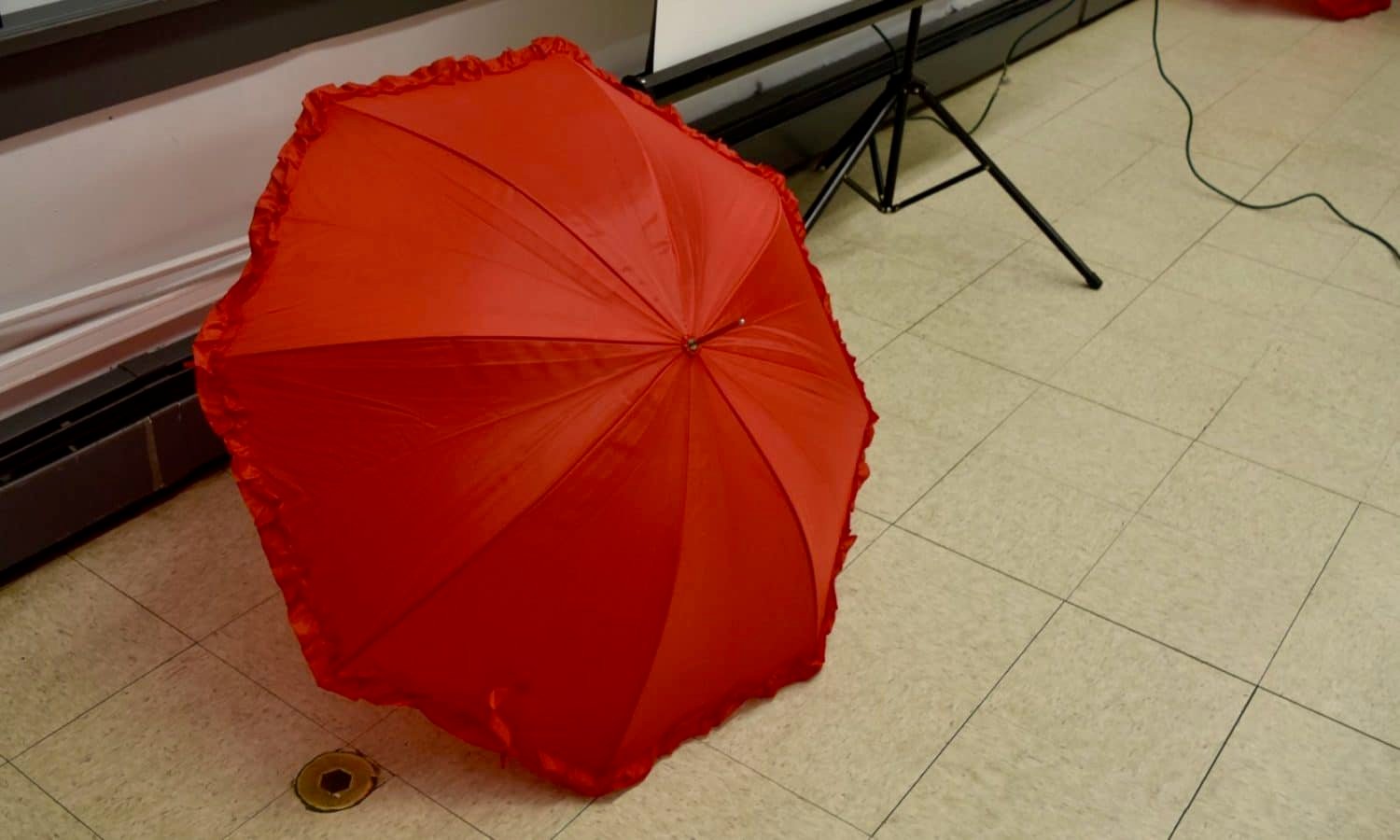Coyote RI opposes H7550 the Human Trafficking Reporting and Prevention Act
“Many sex workers also have full-time jobs and they only do sex work to supplement their income. When they are jailed due to increased criminalization, they lose their day job, their apartments, their cars, and sometimes they lose custody of their children. In sum, legislators’ actions that exclude sex workers’ input attack workers’ livelihoods, not sex traffickers.“ We, the members
March 3, 2020, 9:00 am
By COYOTE RI
“Many sex workers also have full-time jobs and they only do sex work to supplement their income. When they are jailed due to increased criminalization, they lose their day job, their apartments, their cars, and sometimes they lose custody of their children. In sum, legislators’ actions that exclude sex workers’ input attack workers’ livelihoods, not sex traffickers.“
We, the members of Coyote RI (Call Off Your Old Tired Ethics), are hosting an event for commemorating “International Sex Worker Rights Day” on March 3rd at 6 pm and could not attend the session to testify in person. We are writing to you today in opposition of the Human Trafficking Reporting and Prevention Act, H7550.
Human trafficking is a scourge and efforts to eradicate it are to be applauded. Nobody is against trafficking more than sex workers. However, mandating hotel staff to take training that purposely conflates sex work with trafficking does more harm than good. Rarely does it identify many victims. For example, police officers have told the media that workers identified through these types of methods “won’t cooperate.” This is unsurprising because they are not being trafficked and are most likely consensually engaging in sex work under their own control. These workers’ livelihoods were legal until 2009 when Rhode Island legislators unilaterally voted to make them criminals. Increased criminalization efforts, such as H7550, will lead to increased incarceration of consensual workers as they are often the target of these types of efforts.
When Coyote surveyed 1,494 United States sex workers with 145 questions in 2017, we learned that most sex trafficking victims are sex workers who have found themselves in an exploitative and or violent situation. However, they can’t report it to the police without fear of being arrested because they lack equal protection under the law. When sex workers try to report violence to the police, police are more interested in investigating the sex worker than the perpetrator.
When incarcerated, on average, workers are ordered to pay a $477.50 fine and jailed for 60-90 days. Many sex workers also have full-time jobs and they only do sex work to supplement their income. When they are jailed due to increased criminalization, they lose their day job, their apartments, their cars, and sometimes they lose custody of their children. In sum, legislators’ actions that exclude sex workers’ input attack workers’ livelihoods, not sex traffickers.
Furthermore, the federal government is currently funding NGOs (Non-Government Organizations) at over 800,000 a year and almost half of that money goes to people’s salaries. Polaris Project is the leading trafficking hotline in the United States and is mostly funded by the federal government at $10-12 million a year. They refer about 30 percent of their calls to Sex Worker Out Reach Project Behind Bars because most of the callers do not identify as victims, they identify as adult sex workers who are in need of services. Yet with all this funding, Polaris doesn’t have any services to meet the immediate or long-term needs of people involved in the sex industry. In order to get the funding allocated for trafficking, NGOs are prohibited from supporting decriminalization or harm reduction for sex workers or engaging with sex worker rights-led organizations. Their mandated agenda is to “create awareness about trafficking” and host training on how to spot trafficking – in other words, calling the police and reporting sex workers. Yet, when hotel staff or community vigilantes report individuals based on their own suspicions, more often than not, the suspect is arrested.
In fact, after studying some of these types of training, they miss the mark. These training sessions, which H7550 wishes to promote, claim not letting housekeeping in to clean the room and using the do not disturb signs are signs of trafficking. Yet they are things that people staying at hotels do all the time. They also suggest hotel staff search the rooms looking for condoms and electronic devices, invading the guests’ privacy and likely hurting hotels’ commerce.
Coyote RI is the only anti-poverty and sex worker-led organization in New England. We extend an ongoing invitation to any legislators, police departments, and community members who would like to meet with local sex workers to learn how to create policies that would reduce violence and exploitation and address trafficking without harming workers. Encouraging people to become community vigilantes and to call the police and report sex workers is a form of state-sponsored violence. We ask you to vote NO on H7550.






